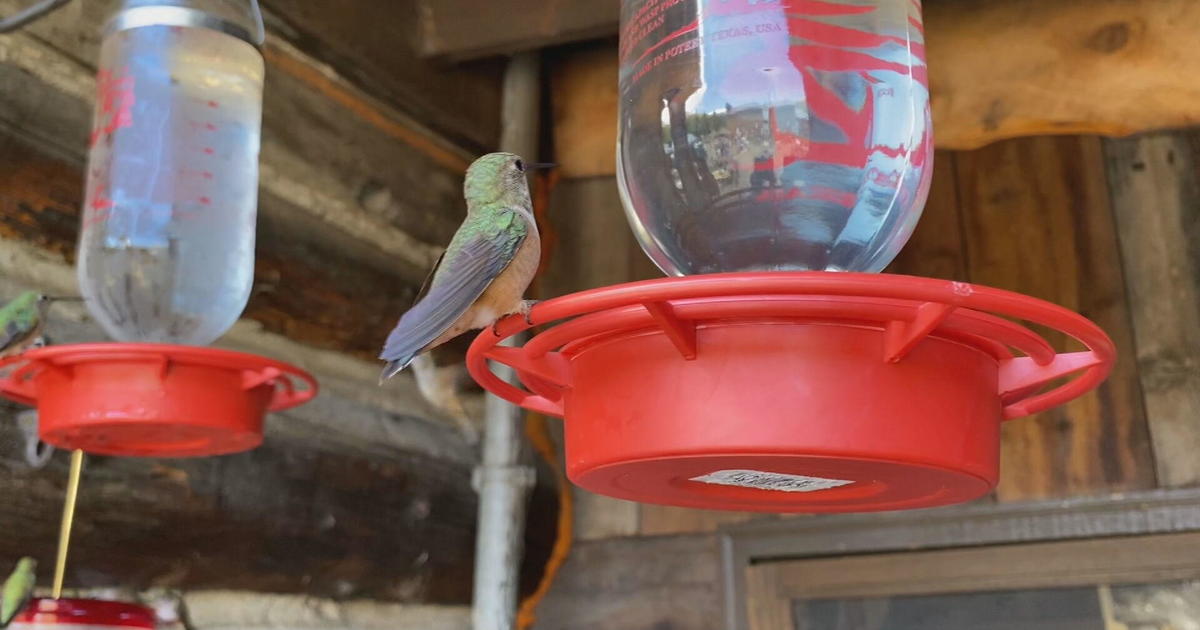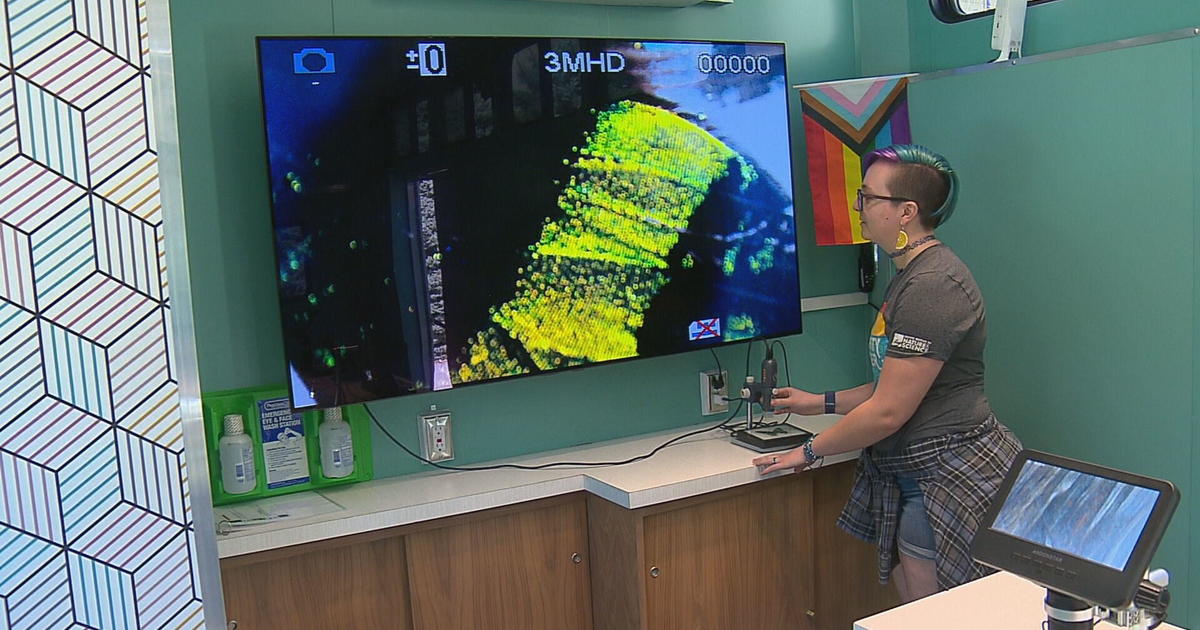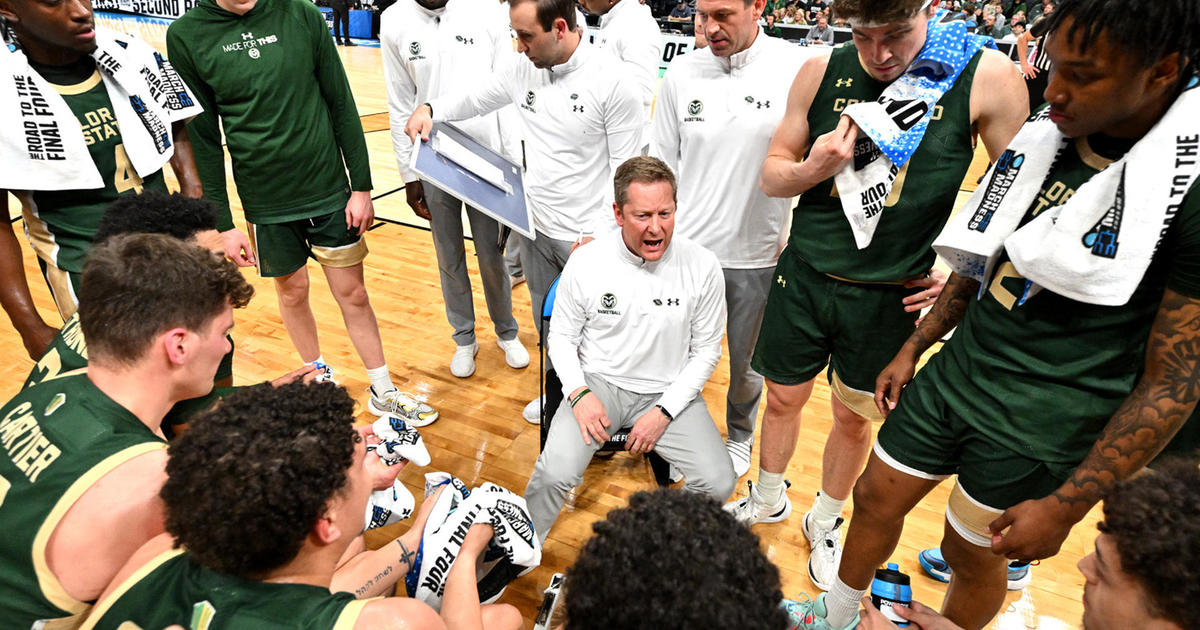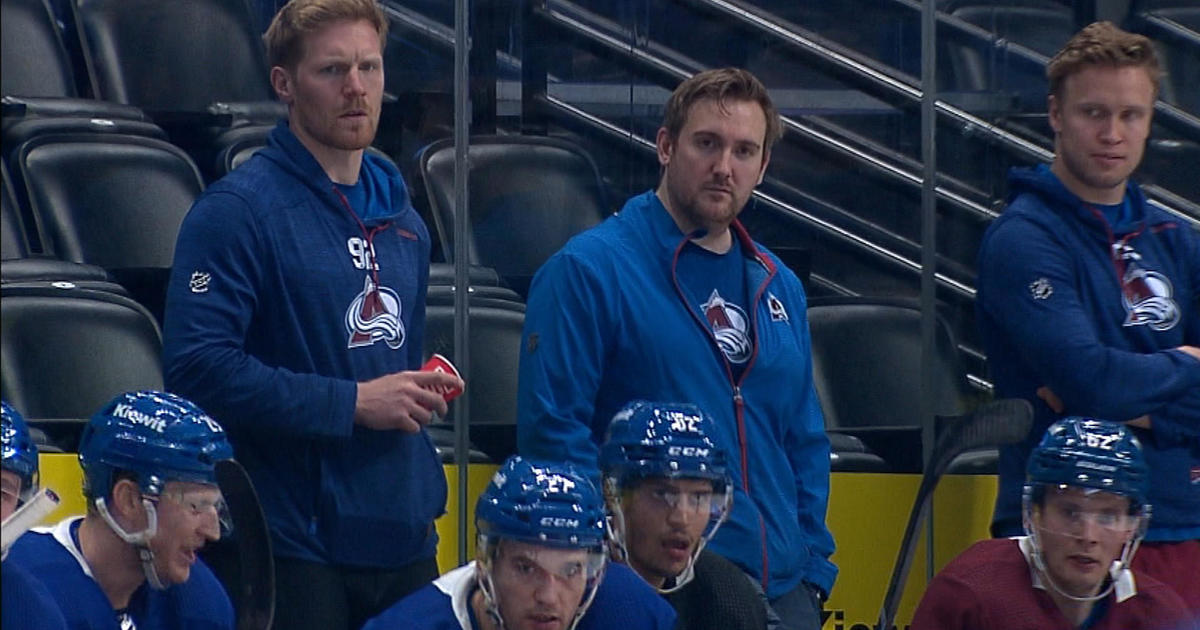Want To Know What I Wrote About You Behind Your Back?
 Ever wonder what we doctors write or dictate in our office notes after you pay us a visit?
Ever wonder what we doctors write or dictate in our office notes after you pay us a visit?
If you do, you're not alone. New research shows 95 percent of patients would like to know what we're saying about them. On the other hand, less than half of doctors would like you to have a gander at the writing when you have an ache or pain.
In fact, a research study called the "Open Notes Project" had a really hard time recruiting doctors when it began an experiment which allows patients to keep track of what goes into writing. Most docs just said "No thanks, I'd rather not participate."
So what's the veil of secrecy about looking at what we write, which really is a little insight into what we are thinking about you?
Here's what many of the doctor naysayers had to naysay:
Notes are technical and confusing -- and we don't want to be barraged by phone calls to explain what we wrote in doctor jargon.
Also, we worry you don't understand doctor code, such as "patient is SOB." You may think in this case we are calling you a name, but SOB is universal medical talk for "short of breath."
Some doctors may say one thing, while thinking another: as in "You can't handle the truth!"
There's a concern you may misinterpret what's in the notes, since it may not be a complete line of thought. After all, it's not often that we put down ever single thing we are thinking. It's a lot of stuff.
Or will we scare the heck out of you if we put something down that sounds scary such as "needs routine colonoscopy to rule out cancer"?
And will you be angry if you see that we wrote down what you told us about your marital problems, sexuality, or personal habits -- information that helps us figure out what's wrong, how to fix you, or what you may be at risk for?
On the other hand, I think seeing what we write is actually a good thing for most patients. It improves communication.
For example, maybe I didn't quite right about what's bothering you the most, or I've got your symptoms mixed up.
You can follow our line of thinking as we work our way towards solving a difficult problem. Takes some of the mystery out of the process.
You also get a larger sense of what is going through our heads than what you can see or absorb in a 10-15 minute office visit.
Finally, you may notice that we actually do care. Like, we aren't being mean about your weight or lack of exercise when we're really trying to help you get your high blood pressure down or cholesterol under control.
Sure, most of us write our notes for the express purpose of reminding ourselves what we are thinking for when we see you the next time. We also like to make sure that other doctors who also take care of you, or to whom you get referred to, understand what is going through our heads.
Nonetheless, there's one huge point out of this so-called hide 'n seek with medical records: that is, all medical records actually belong to you and us.
Meaning you have a right to your records at any time, whether you're changing doctors, just want to keep copies for your own records, or simply are interested in what is going on in our minds. Seriously -- it's your right to have access to records.
Don't be afraid to ask for them, just know what you're getting into. Overall, it may be a good thing to know.



